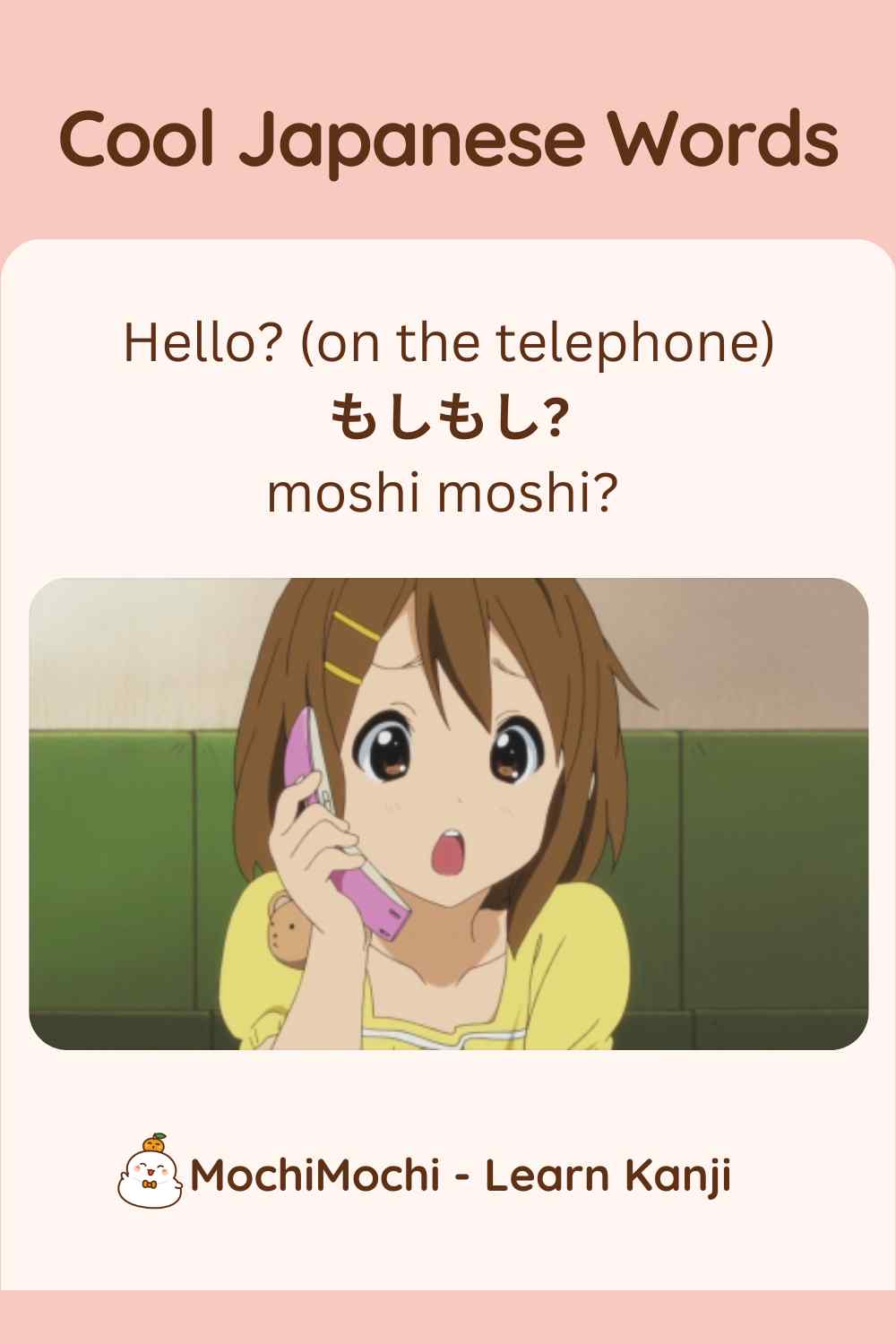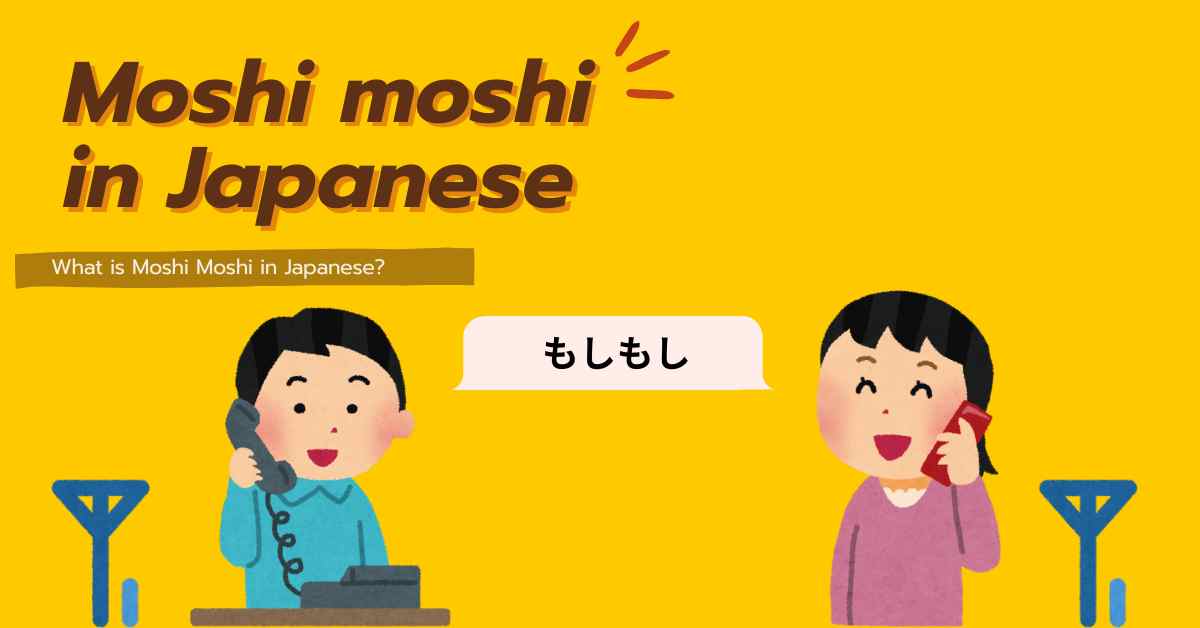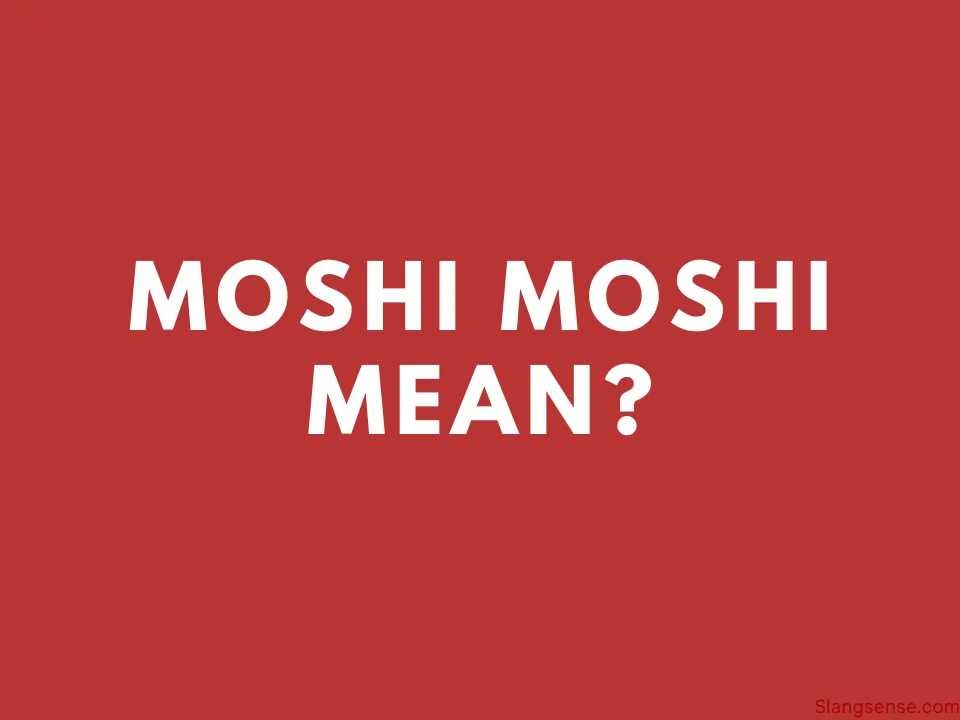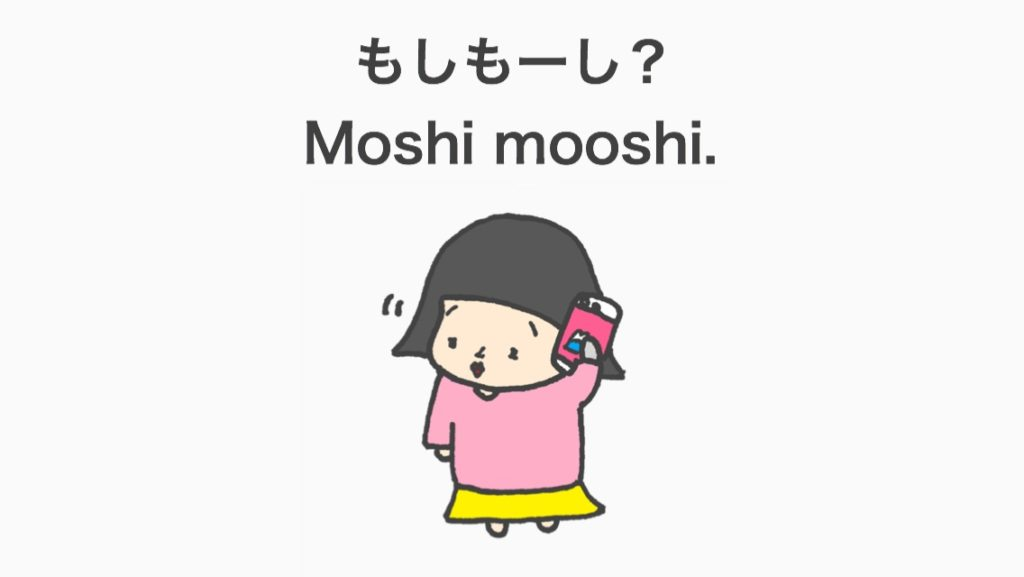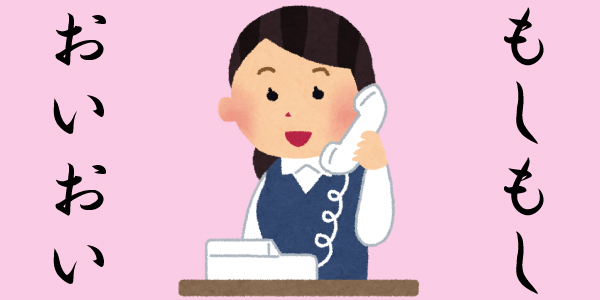What Does Mushi Mean In Japanese

Ever munched on a crispy cricket or slurped down some silkworm soup? Okay, probably not. But in Japan, the world of mushi is surprisingly close to everyday life.
So, What Exactly is Mushi?
Simply put, mushi (虫) translates to "bug" or "insect" in Japanese. Think creepy crawlies, buzzing bees, and everything in between. It's a broad term covering a huge range of six-legged critters.
More Than Just Bugs: A Cultural Lens
Here's where it gets interesting. Mushi isn't just a biological term. It’s woven into the fabric of Japanese culture.
Consider the phrase "Mushi no shirase" (虫の知らせ). It literally means "a bug's premonition," referring to a hunch or feeling that something is about to happen. Spooky, right?
Think of it as your gut feeling, but attributed to the wisdom of the insect world. It's like having a tiny, six-legged psychic whispering in your ear.
Mushi in Art and Entertainment
Mushi pop up everywhere in Japanese art and entertainment. From intricate insect carvings to popular anime characters, they hold a special place in the creative landscape.
Take Studio Ghibli's "Nausicaä of the Valley of the Wind," for example. The giant, mutated insects play a crucial role in the story, blurring the lines between monstrous and misunderstood.
Even the popular Pokemon series features a whole category of mushi-type creatures! From Caterpie to Butterfree, these pocket monsters have captivated audiences worldwide.
The Culinary World of Mushi
Hold on to your hats, because this is where things get truly adventurous. In some regions of Japan, mushi aren't just observed, they're eaten!
Grasshoppers (inago) are a common snack, often simmered in soy sauce and sugar. They're crunchy, sweet, and surprisingly addictive (or so we're told!).
Then there's bee larvae (hachinoko), considered a delicacy in some areas. Rich in protein and flavor, it’s definitely not your average afternoon treat.
"Eating insects might seem strange to some, but it's a sustainable and nutritious food source," explains a local chef in Nagano Prefecture, famous for its insect cuisine.
Mushi and the Seasons
The chirping of crickets (korogi) is synonymous with autumn in Japan. Their songs are often used to evoke a sense of nostalgia and tranquility.
Many Japanese gardens even feature "insect hotels," providing shelter for beneficial bugs. It's a beautiful way to encourage biodiversity and appreciate the smaller creatures around us.
So, the next time you hear the word mushi, remember it's more than just a creepy crawly. It's a cultural symbol, a culinary adventure, and a reminder to appreciate the small wonders of the natural world.
Who knows, maybe you'll even develop your own "Mushi no shirase" – a bug's premonition – guiding you through life's little mysteries!
